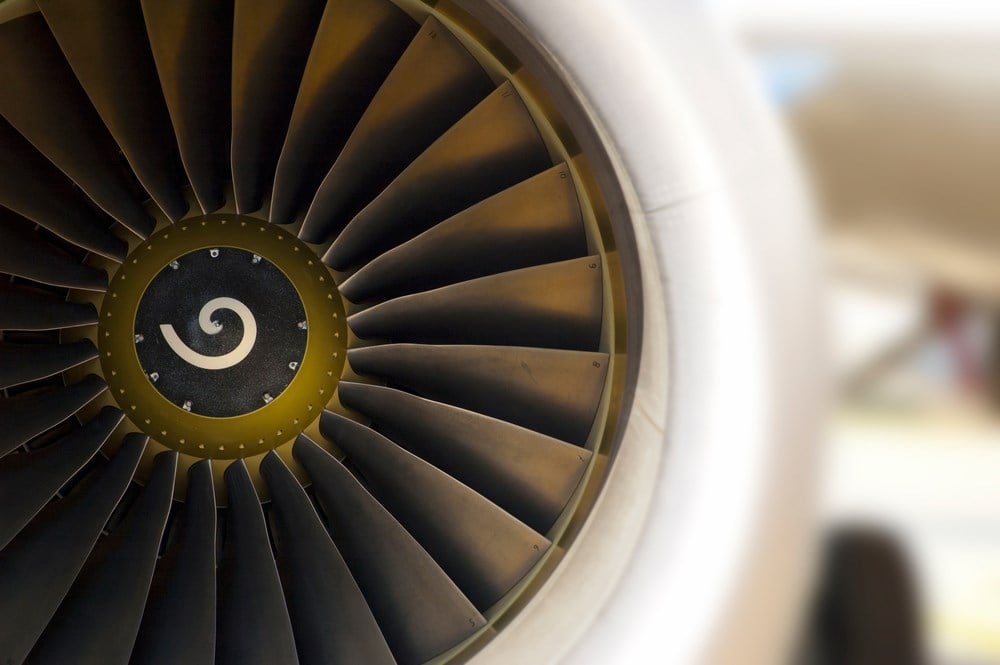
Shares of Boeing (NYSE: BA) seemed to hold up against broader market volatility during Friday's trading session. On a day when the S&P 500 benchmark declined by as much as 1.2%, Boeing stock only refused to close the day with a soft decline of 0.56%. The relative strength comes from the company announcing recent aircraft orders, which accrue to management's plan to deliver four hundred to four hundred and fifty 737 MAX models. Achieving these outlooks would set investor expectations to receive news of three to five billion dollars in free cash flow, further fueling dividend payouts and share repurchase allocations.
Management has landed recent deals with companies like Ryanair (NASDAQ: RYAAY) and Qatar Airways. In addition, there is a pending demand boost now that Chinese citizens and foreign nationals have resumed travel. As orders are bottoming after an alarming decline in April 2023, and the global travel and defense industries seem to rebound, management seems confident about achieving its long-term targets for 2025-2026. Analysts agree with the probability of such targets being met as a current double-digit upside potential is assigned to the stock.
Building Momentum
Boeing's cash flow product line, the 737 MAX jet, is set to experience a production output boost as management feels the heat of pent-up demand awakening. As a result, investors can take notice of a 32% increase in 737 deliveries in the first quarter of 2023 compared to a year prior, implying that the company may be on track to meet its year-end expectations.
In addition, Boeing posted 737 deliveries of three hundred and eighty-seven airplanes for 2022, indicating an expected 3.3% to 16.3% growth rate for the year-end 2023. Of course, these expectations would only be set, much less met, if a decent backlog reflected demand.
After reporting a manufacturing defect in its 737 MAX product line, Boeing posted total of April 2023 deliveries of the jet line to be 26 in total, a more than 50% decline from those delivered a month prior. Postponing some of the pending deliveries may have been an unexpected event, though it worked like a charm in favor of ensuing demand when carriers realized the real need at hand for counting with a sufficiently large aircraft network. In an interview, Boeing CEO Dave Calhoun revealed that Ryanair had placed an order of forty billion dollars in value. Additionally, Calhoun stated optimistically, "The market is coming back; it's exploding. So am I reasonably confident? Yes," pointing to developments in the Chinese market for new carriers.
On a different front, though still accruing to the company's optimistic financial outlooks, is the new Pentagon order for CH-47F Chinook helicopters. A potential deal for these items could represent up to eight billion five hundred million, showcasing that not only the rebound in the travel industry matters.
A New Frontier, Same Upside
The quietly awakening Chinese economy seems to be missing in Boeing's analyst ratings, which subsequently represents an unprecedented opportunity to capitalize on closing the gap on 2023 outlooks. Boeing's financials will show that the company is operating at an excess of 52% capacity utilization, up from less than 30% only three years prior. This increasing capacity utilization, attributed to growing orders from various carriers, has made China realize it had better get its fair share of output before it chokes out again.
As Chinese officials face a tipping point in the economy, new orders for the best-selling 737 MAX Bay be imminent. In addition, China's manufacturing PMI, a proxy for economic growth which ultimately leads to GDP growth, stood at 53.6% for the month of April. With any reading above 50% implying economic growth, a significant disconnect exists between these bullish readings and the nation's lackluster inflation rates of 0.1% for the same month. The gap can be filled, as speculated by some analysts, ultimately by direct fiscal stimulus providing buying power for consumers and enterprises alike.
Boeing's price-to-book value trades at its lowest levels in a decade. Today's book value multiple is a mere 1.6x when Boeing has historically traded between 5.0x to 6.0x. In addition, there has been some book value deterioration. The business saw the need to increase debt levels and issue shares due to negative cash flow. However, the future seems a lot brighter as management points to largely positive free cash flow levels and continuedly improving fundamentals.
All of these developments could significantly drive book value per share forward, especially reinstating a share repurchase program; this way, investors have the best of both tailwinds. On one side, the company's retained earnings and share repurchases will naturally drive book value upward; on the other, the company's multiple is severely compressed and could see a bump once sentiment in the industry improves.




